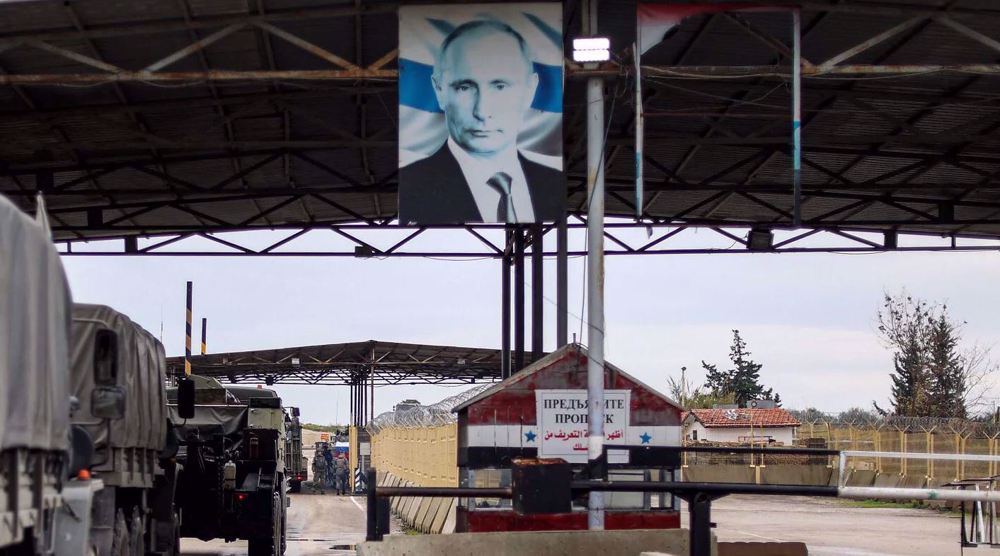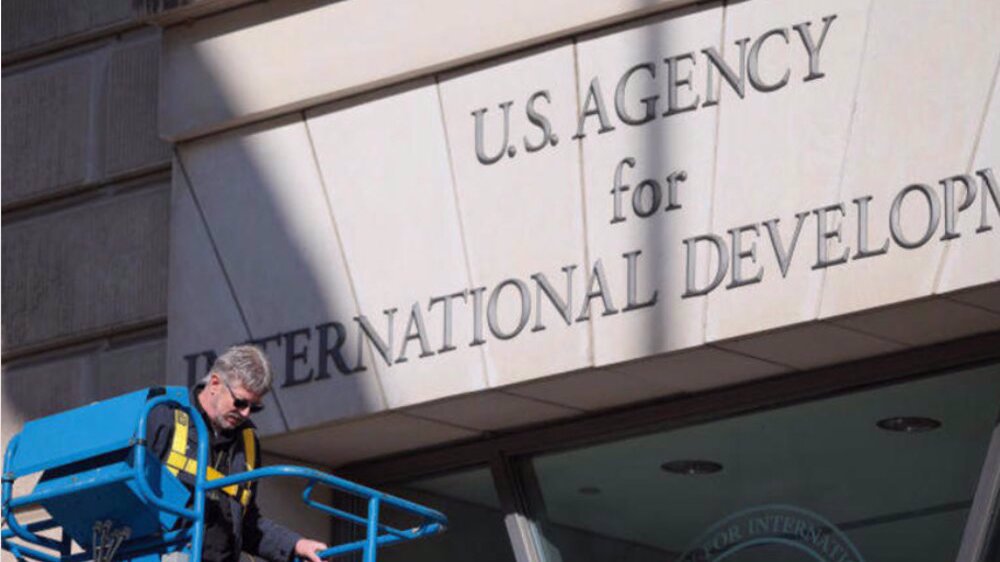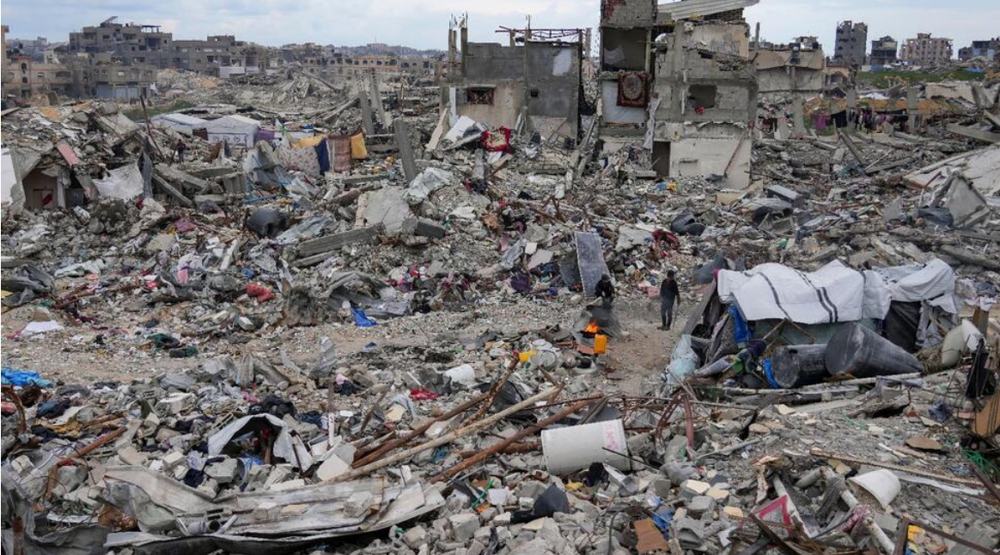US, Cuba formally restore relations, reopen embassies
The United States and Cuba formally resume diplomatic ties and reopen their embassies, marking a new beginning after 54 years of strained relations.
Cuban Foreign Minister Bruno Rodriguez is set to visit Washington on Monday in his first ever visit to the White House to raise his nation’s flag in front of Havana's embassy in the city.
Rodriguez will be accompanied by a delegation of high-ranking officials, former diplomats and Cuban cultural and sport icons.
The ceremony will also be attended by members of Congress who have long advocated the resumption of ties with Havana.
The Cuban official will then meet with US Secretary of State John Kerry and together they will address the media later in the day. A visit to the Capitol Hill is also on his agenda.
The United States Embassy in Havana will also be reopened on Monday in an event without raising the flag yet, as this and other festivities will be postponed until Kerry’s official visit to the country.
The two sides have agreed to formally reopen their embassies as a part of last year’s agreement between President Barack Obama and his Cuban counterpart Raul Castro.

Obama and Castro chose today for the event in an exchange of letters on July 1, seven months into the initial announcement.
However, the two governments have made it clear that reopening embassies is only a first step in the normalization of ties as a lot of their differences still remain unsolved.
Choosing an ambassador also seems to have become a bit problematic for Washington as Obama’s congressional opponents have vowed to block any candidate introduced for the position.
It was announced last December that following months of successful talks behind the scenes, between the two heads of state, the two sides will begin to normalize their relations starting with a prisoner swap and ease of economic restrictions.
Cuba soon delivered on its promises and swapped a group of American prisoners, including a spy who had served 20 years in prison with Cuban intelligence agents who were imprisoned 16 years ago on charges of espionage against Cuban exile groups in Florida.
The sanctions, however, remain a key issue and it remains to be seen if Congress agrees in full removal or a calculated ease of the punitive measures.
Castro has urged the United States to remove all sanctions against his country and has called them a stumbling block in the normalization process.

Israelis push for Russia to keep Syria bases, want Damascus 'weak, divided': Report

US terminates support for Ukraine energy grid restoration

Skipping US Congress, Trump approves $3b in arms sales to Israel
Iran releases 1st video of Israeli-linked ship seized last April
Israel threatens to attack city near Syria’s capital
We won’t let Netanyahu sacrifice captives: Families
Egypt reaffirms ‘unwavering support’ for Palestinian cause ahead of emergency Arab Summit
VIDEO | Press TV's news headlines
Iran to keep current subsidized exchange rate in next year's budget
Iran will change military tactics, techniques based on threats: Top Cmdr.
Israeli bulldozers demolish homes in West Bank; Hamas urges UN to stop 'war crimes'







 This makes it easy to access the Press TV website
This makes it easy to access the Press TV website